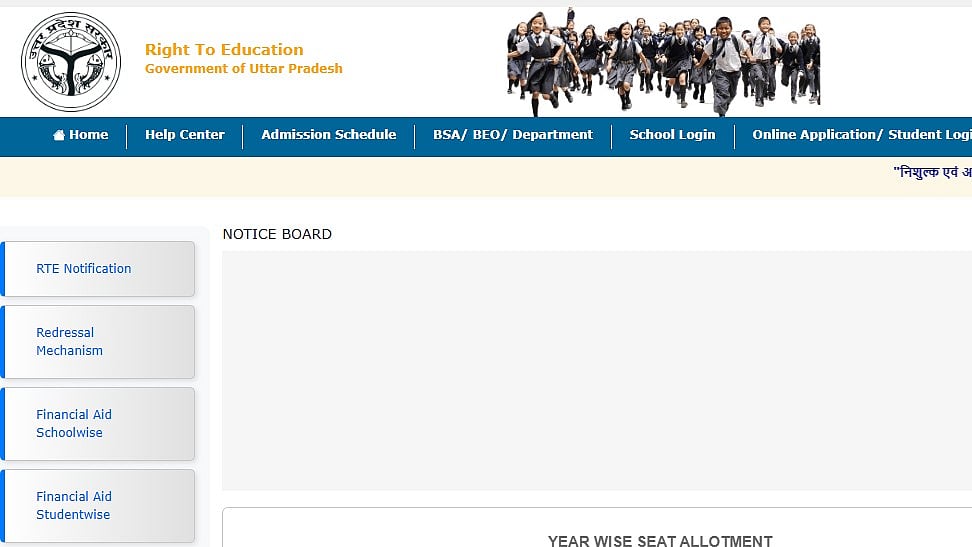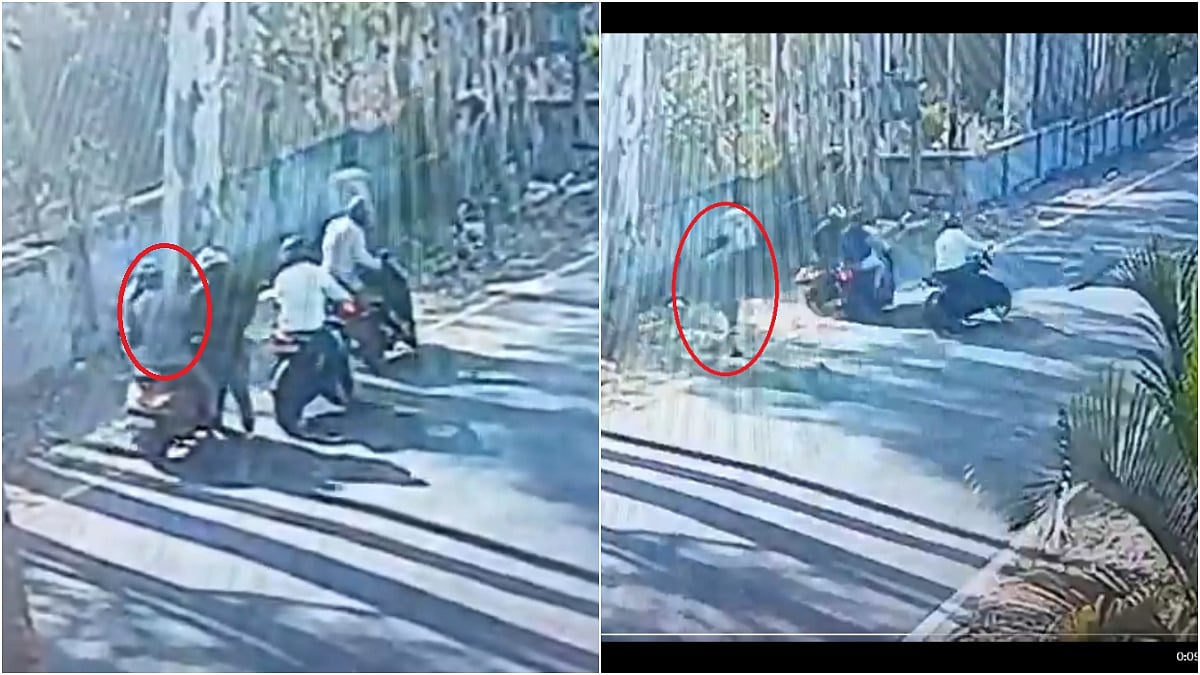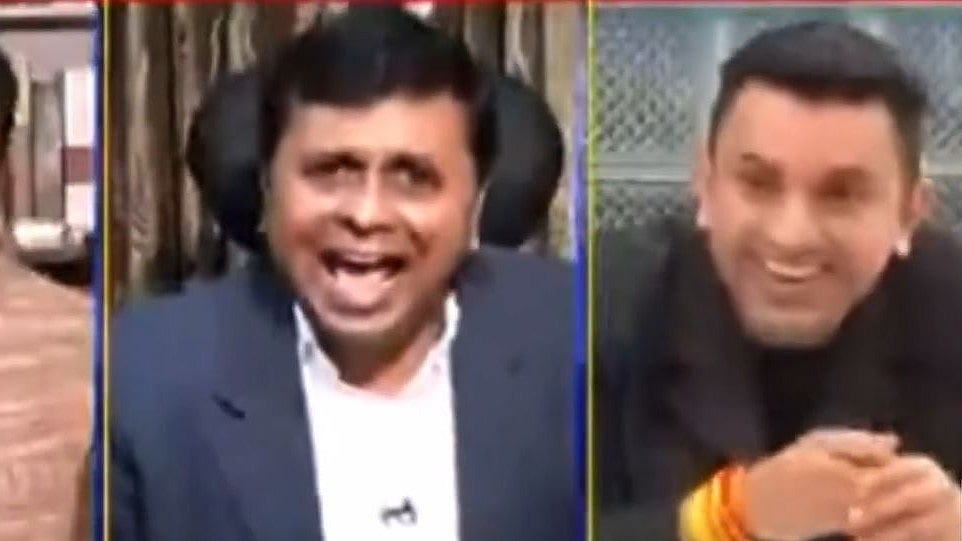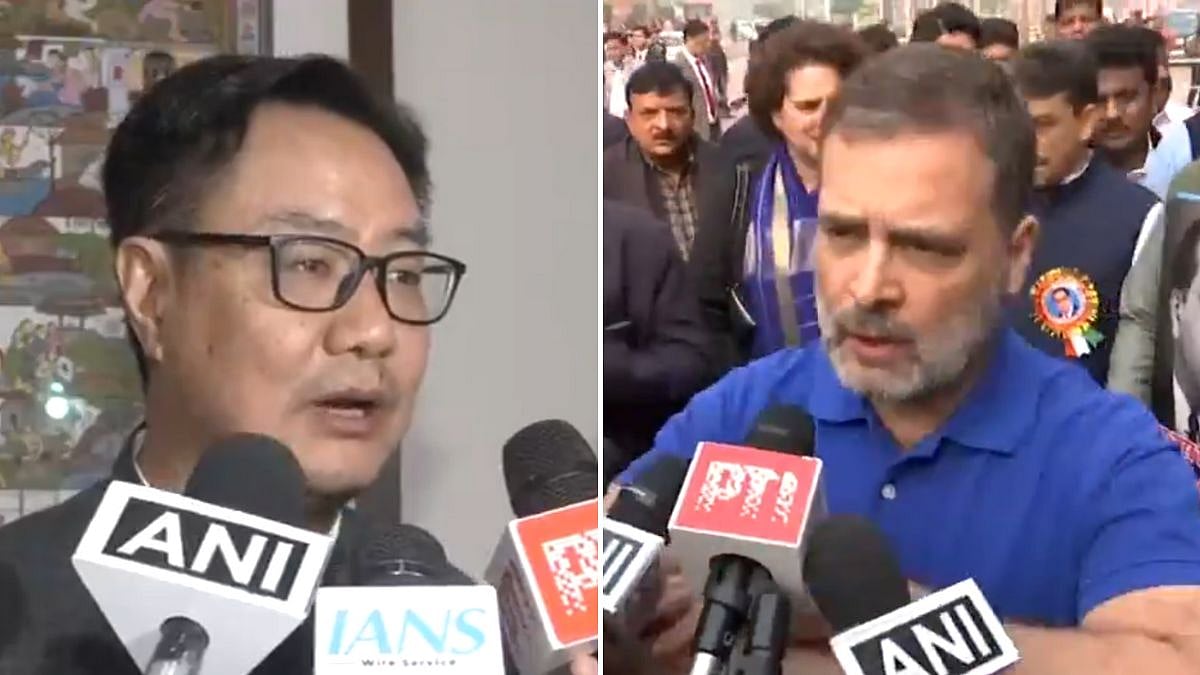To boost the country’s Parsi Zoroastrian population, the central government has released revised guidelines in the Jio Parsi scheme, a decade-long demographic project aimed at arresting the decline in the community’s numbers. The revised scheme was announced on February 29 at a meeting in New Delhi between the minister for minority affairs, Smriti Irani, and members of the Parsi community.
The Jiyo Parsi scheme, funded by the government and supported by UNESCO’s PARZOR (ParsiZoroastrian) Foundation, the Bombay Parsi Punchayet (BPP), and the Tata Institute of Social Sciences (TISS) aims to stem the decline in the community’s population, or at least slow it. The scheme, through fertility treatments for couples, has been credited for around 400 extra births in the last decade.
Opinion of Dr Adil Malia, trustee of the BPP
Dr Adil Malia, trustee of the BPP, the community’s apex trust, who was present at Thursday's meeting, said that he was overwhelmed by the new announcements. “It was a very positive meeting. What is important is that the government has gone out of its way to engage with the community,” said Malia. The revamped scheme differs from the earlier version which was handled by a private agency.
This plan will be implemented by state governments with the assistance of Parsi anjumans, or associations, and fire temples. Fund transfer will now be made directly into accounts of beneficiaries. The rejig, based on recommendations by the International Institute of Population Sciences and TISS, will identify target groups and use a multi-pronged approach for medical assistance, community health and advocacy. A new administrative machinery, including district-level committees, state-level project management committee, a sanctioning committee, and an oversight committee, will be created to run the project.
Details of implementation of theme
The scheme will be reviewed at the end of the 15th Finance Commission and a mid-term review will be undertaken by the ministry. Declining numbers has been a cause for concern for Parsi-Zoroastrians, with their population crashing from over 100,000 in 1941 to less than 60,000 in 2011, a majority now living in Mumbai.
Viraf Mehta, chairman of BPP, said that there were several reasons for the decline. This is also due to the fact that members of the young generation have been migrating abroad, especially to North America, Australia and New Zealand, he said. Between 2001 and 2011, when the last national census was conducted, Parsi-Zoroastrian numbers in India dropped to about 57,264 from 69,601. The numbers fell every decade since 1941, when it peaked at over 100,000. Between 1971 and 1981, it fell by 20%.
Demographers' study
Demographers have listed several reasons, including low fertility, migration, a higher proportion of unmarried people, and late marriages. Alss, exclusion of children born to women married to non-Zoroastrians. Indias birthrate the number of births per 1000 population - is pegged at 16.7. There are figures for Parsis, but even in 1971 their birth rate was 10.6 compared to 41.2 for the general Indian population. The total fertility rate (TFR) the number of children born to an average woman - was between 1 and 0.8, which means a Parsi woman in her child bearing age bore less than one child. For a comparison, South Korea, which is in the midst of a demographic crisis, forcing its government to look for solutions, has a TFR of 0.72.
Jehangir Patel, editor of Parsiana, a community magazine, said it was impossible to reverse the demographic decline. The number of people in the reproductive age is becoming fewer and fewer. Around 400 births is too little to revive the community. But Malia said that the Jio Parsi scheme has been successful. The scheme has given a small community over 400 births, Malia said. Mehta said that the BPP has its own programmes to boost the birth-rate. The trust provides monthly stipends to couples who have a second or third child. The trust, one of the biggest landlords in the city with thousands of flats leased out to community members, also gives priority to young couples seeking houses.

We can proudly say that we have cleaned up the backlog in our waiting list for homes. This means that young couples who want to start a family can get a flat allotted in a short period of three to six months. We are also looking at bigger flats so that they can have bigger families, added Mehta. As for the Jio Parsi project we are indebted to the government of India which has stepped out to help. The revised Jiyo Parsi scheme was one of the two announcements made at Thursdays meeting, the other being the setting of a chair for the study of Avesta-Pahlvi, the language of Zoroastrian scriptures, and a cultural-revival programme to protect and develop fading Parsi-Zoroastrian crafts.








